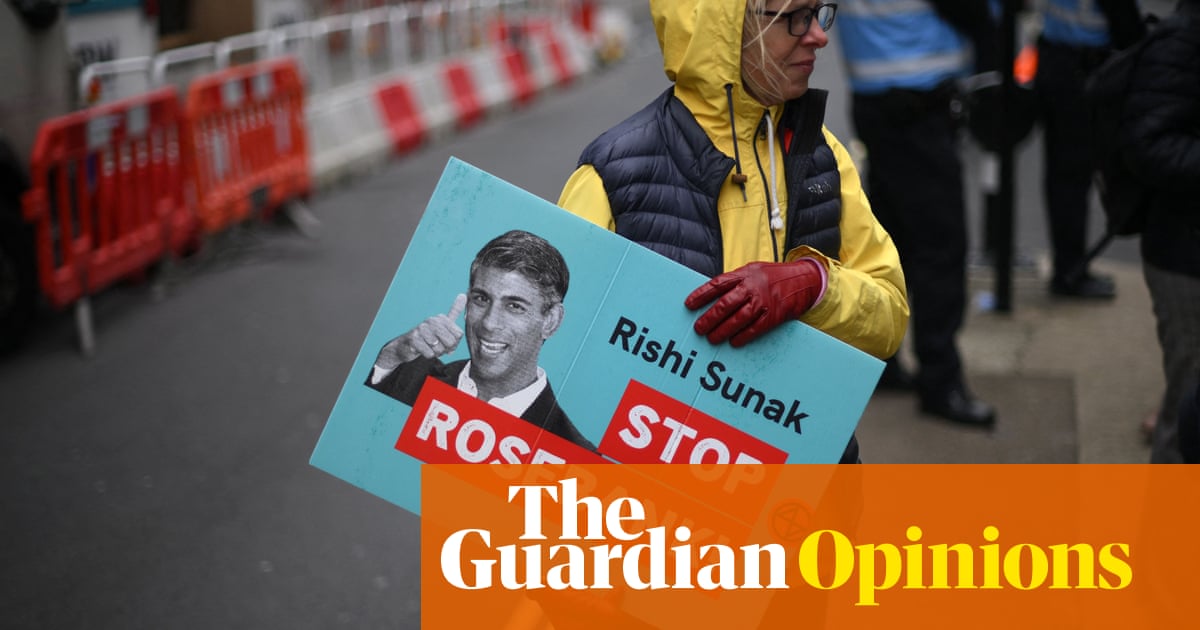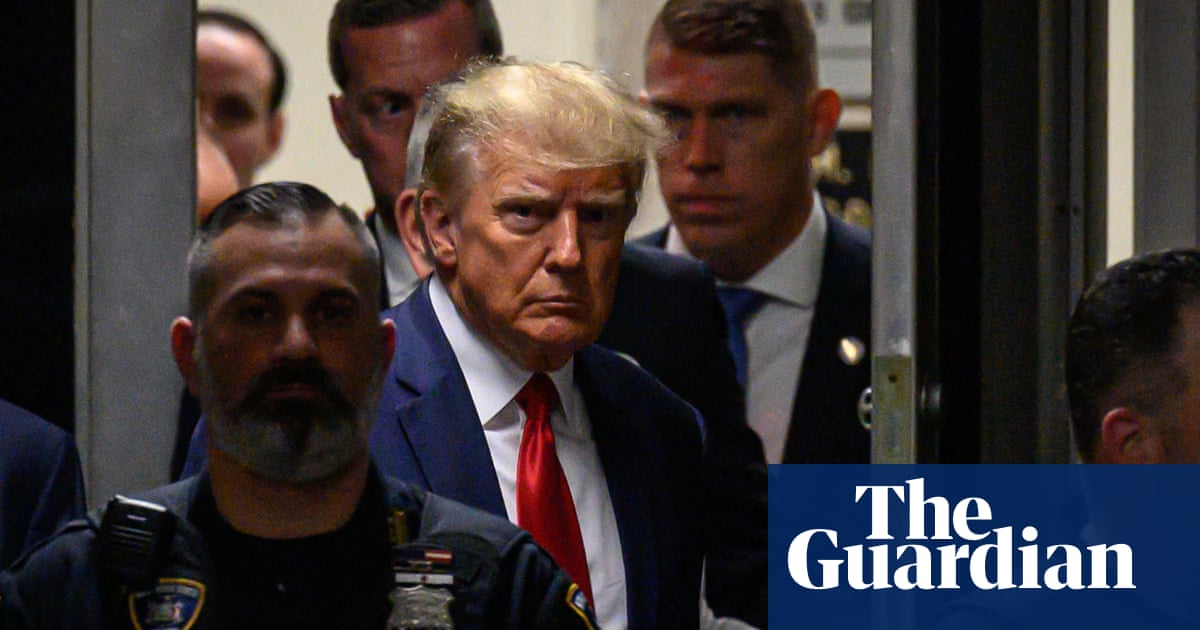
Donald Trump’s historic presidential victory has already sent ripples through Europe, as allies and partners wonder what it means for transatlantic relations.
During his first term, Trump’s rhetoric often made European leaders uneasy, but beneath the bombast his administration arguably did more to bolster Europe’s security than any US president since Ronald Reagan.
After a rocky start marked by his infamous press conference with Vladimir Putin in Helsinki, the Trump administration implemented policies that significantly strengthened NATO and US commitments in Europe. By the time Trump left there were more American troops stationed in Europe than when he took office. The US also increased military exercises and stationed forces further east, including Poland.
Trump sharply criticized European defense spending and questioned America’s role in European security, but his actions told a different story: US defense spending for Europe, through the European Deterrence Initiative, was more than 40 percent greater than under the Obama administration.
Trump’s record on Ukraine also deserves recognition. He was the first US president to provide advanced anti-tank weapons to Ukraine, when his predecessor offered only non-lethal aid. Trump also supplied air defense and anti-tank systems to Georgia within his first year in office, something the Obama administration had resisted for eight years.
On broader geopolitical matters, the Trump administration was ahead of the curve. He was a vocal critic of the Nord Stream 2 pipeline, which deepened Europe’s energy dependence on Russia. While this stance strained relations with Germany, it was welcomed by many Central and Eastern European nations wary of Moscow’s influence. Trump also imposed economic sanctions on companies involved in the pipeline"s construction — sanctions lifted by his successor.
Additionally, Trump championed the Three Seas Initiative, led by Poland and Croatia, which aimed to enhance infrastructure, connectivity, and trade across Central and Eastern Europe. His administration also oversaw the largest expulsion of Russian diplomats in history, withdrew from the Open Skies Treaty over Russian violations, and welcomed North Macedonia and Montenegro into NATO, strengthening the alliance.
The Europe Trump knew in his first term, however, has changed dramatically. Russia’s 2022 invasion of Ukraine was a wake-up call for European defense. When Trump first took office in 2017, only a handful of NATO members met the alliance’s 2 percent of GDP defense spending target, with the European average at 1.46 percent. Collectively, NATO’s European members spent $254 billion annually on defense.
Today, 23 of NATO’s 32 members meet the target and the European average has risen to 2 percent. Annual defense spending by NATO’s European members now totals $380 billion, a significant increase that will undoubtedly be welcomed by Trump. While Europeans need to do more in this area it is undeniable that this has been good news.
Trump will probably take time to craft a coherent policy on Ukraine, drawing on his administration’s past successes
Luke Coffey
The biggest question, however, is how Trump will handle Russia’s war in Ukraine. The invasion has reshaped the geopolitical landscape of the transatlantic alliance in ways not seen since the 1940s. While Trump has repeatedly claimed he could end the war quickly, he has yet to outline a concrete plan for doing so.
His meeting in September with Ukrainian President Volodymyr Zelensky offered some insight. Trump emphasized the need for a “fair” resolution to the conflict but stopped short of detailing how he would balance Ukrainian sovereignty with Russia’s demands. Given the high stakes, a kneejerk approach is unlikely. Instead, Trump will probably take time to craft a coherent policy on Ukraine, drawing on his administration’s past successes in Europe.
For European leaders, the focus now is on how to work with Trump’s second administration. Fortunately, they do so from a stronger position. Europe’s increased defense spending and greater commitment to its own security will be welcomed in Washington. There"s a far greater awareness in Europe today of the challenges and threats posed by China than there was during Trump’s first administration. Even with Ukraine, Europe has stepped up to the plate and spends as much as the US does.
Some around Trump will argue that Europe is yesterday’s news, and there should be a renewed focus on Asia. The reality is different: Europe is too important for America’s economic well-being to ignore. Perhaps the future of the global economy is in Asia, but right now half of the world"s GDP is shared between North America and Europe. Europe is responsible for two thirds of foreign investment into the US, and 48 of the 50 American states export more to Europe than they do to China.
In the end, Trump’s return presents both risks and opportunities for European security. If he can navigate the complexities of the Ukraine war and broader transatlantic relations with the same strategic pragmatism his administration demonstrated the first time around, his second term could leave a lasting positive legacy. But if he gets Ukraine wrong and misjudges his engagement with Putin, this could have consequences not only for transatlantic security but for other regions too, such as east Asia and the Middle East.
The future of transatlantic security depends not only on what Trump does next but also on how Europe rises to the occasion. History has shown that when America and Europe stand united, both sides benefit. The foundation for transatlantic cooperation remains solid. The challenge for Trump will be to build on this foundation while addressing the new realities posed by Russia’s aggression. Europe, for its part, must continue to step up, ensuring that its security framework is robust and meets the new geopolitical challenges.
• Luke Coffey is a senior fellow at the Hudson Institute. X: @LukeDCoffey
Disclaimer: Views expressed by writers in this section are their own and do not necessarily reflect Arab News" point of view












